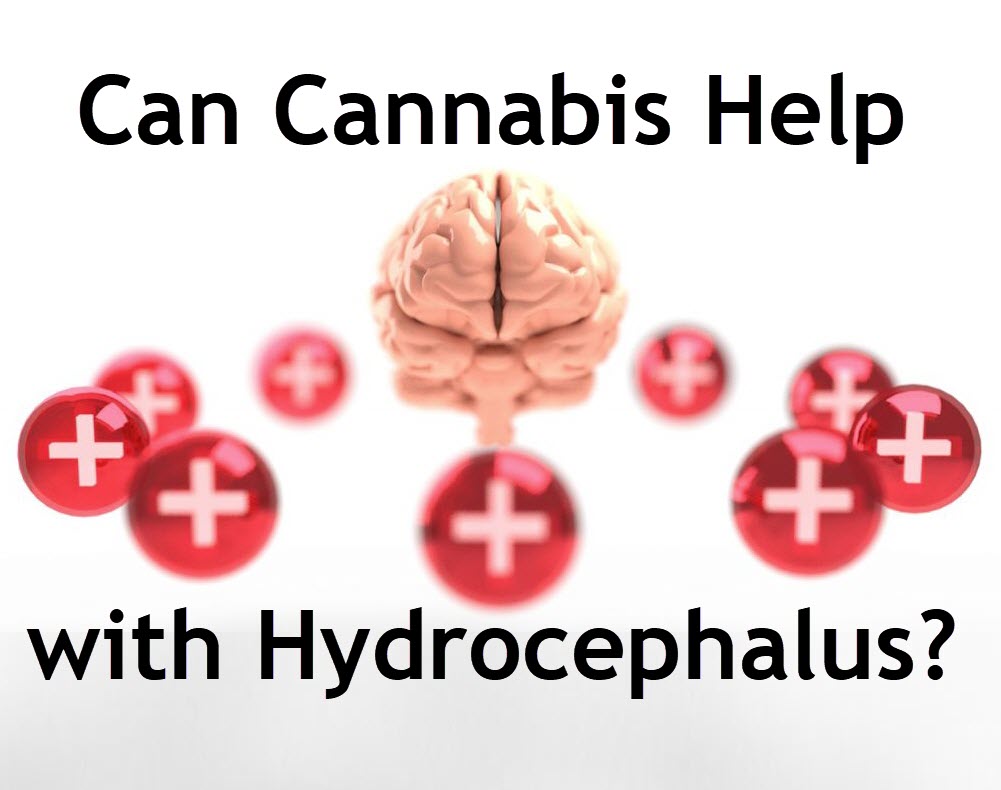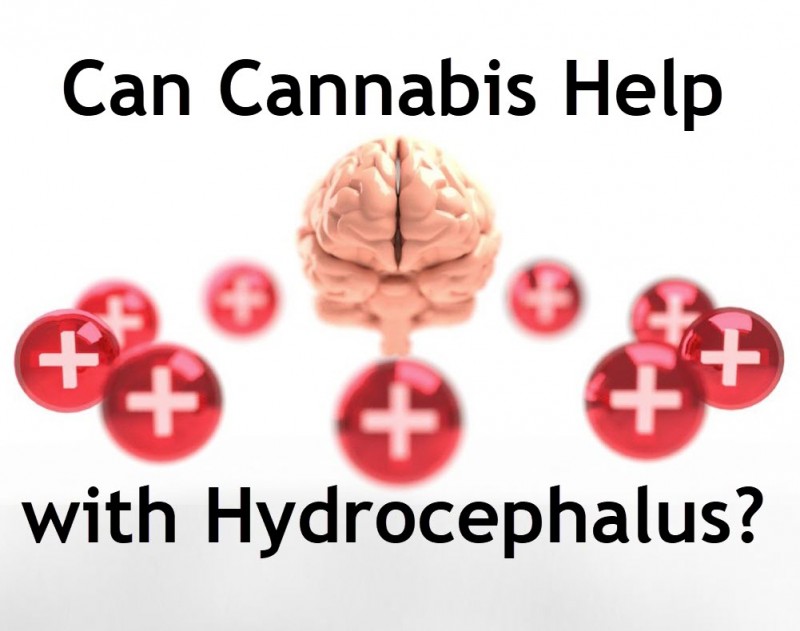Can Cannabis Help for Hydrocephalus?

Hydrocephalus is not a word that is commonly spread around. In layman terms, it means literally water on the brain. But who would have water on the brain? As it is not so common under the average human being, it is more frequently encountered under infants and adults 60 and older. It has been amongst us for ages and the first reference to this condition goes back as far as Hippocrates, the father of medicine. Another physician of his time period also spoke about cases of hydrocephalus, but both had at first different views on the subject. Hippocrates believed it was due to the ventricles in the brain that were enlarged. Galen, the other physician of his time, believed it had to do with the accumulation of cerebrospinal fluid. At this time, the doctors believed the fluid had some or other spiritual value as they believed that the human soul were found in that part of the brain.
Much later, in the 17th century, another physician, Thomas Willis believed that the choroid plexuses were responsible for producing the fluid and that it had nothing to do with a spiritual process. A few hundred years later the condition was much better understood, and treatment became more readily available.
What exactly is Hydrocephalus?
Hydrocephalus is a build-up of fluids in the cavities, or ventricles, deep within the brain. Because of the excess fluid, the pressure is set on the ventricles that put pressure on the brain. Cerebrospinal fluid normally flows through the ventricles and bathes the brain and spinal column. When there is too much cerebrospinal fluid, it causes hydrocephalus and it could end up in brain tissue damage. As a ripple effect occurs, it can lead to a range of impairments in brain function.
How do you know there is water on the brain?
The most observable symptom of hydrocephalus is a bulging spot on the head. Other symptoms include seizures, fatigue, irritability, lack of balance, nausea, vomiting, and a decline in concentration. It is advisable to seek medical attention if any such symptoms are detected. Keep also an eye on poor feeding and blurred vision in young children and infants.
There are Different Types of Hydrocephalus
Hydrocephalus can be divided into several categories.
Congenital Hydrocephalus - This condition is present when a person is born. It is seen as a genetic issue or a problem during fetal development. Babies born with water on the head have huge heads when they are born. Congenital hydrocephalus might even appear even though there were no signs at birth.
Acquired Hydrocephalus – This condition develops after birth and can occur at any time. It often is caused by a tumor, stroke, head injury, or other causes.
Hydrocephalus Ex-vacuo – This condition is a bit different from the other cases of hydrocephalus because it causes the brain to shrink. It normally occurs after a stroke or where types of dementia are detected that cause brain damage.
What makes hydrocephalus more complicated is that apart from the mentioned above is that it can be categorized as communicating or non-communicating. Non-communicating hydrocephalus is known as obstructive hydrocephalus. The cerebrospinal fluids can’t flow along the passages that connect the ventricles in the brain. Aqueductal stenosis what happens in the third and fourth ventricles is one such condition.
Communicating Hydrocephalus is where the cerebrospinal fluids get blocked once it leaves the ventricles. The ventricles are not shut off which makes it still possible to communicate with one another. This condition develops more under older people because of a tumor, stroke, or surgical complications. This condition is often misdiagnosed and the number of people suffering from this is much higher than recognized.
Being a condition that is often misdiagnosed, it is estimated that about 15% of older people diagnosed with dementia, might actually have normal pressure hydrocephalus. Although it often gets misdiagnosed, it is not really that hard to identify. A CT scan or MRI could easily detect the problem. There is no cure for this and no medical treatment either. Surgery is often the chosen and only way.
How Can Cannabis Help?
If this condition is not taken care of, the symptoms of normal pressure hydrocephalus will only worsen. There might be temporary signs of improvement, but it won’t get better. The success or the treatment varies from person to person. Medical cannabis offers a beneficial form to treat normal pressure hydrocephalus. Surgery does help to ease the pressure created, but it doesn’t tackle the long-lasting effects of hydrocephalus.
People suffering from hydrocephalus often have seizures as a side-effect. There is already a long list of positive outcomes where CBD is shown to be very effective in treating and reducing seizures. Both THC and CBD have anti-inflammatory properties and would be helpful to reduce inflammation in the brain. Both are also found to be effective in the treatment of nausea and vomiting.
Please speak to your physician if you think there is some form of pressure on the brain. Prevention is always better than cure. Meanwhile, use some form of medical cannabis to ease symptoms and improve overall health conditions.
CANNABIS AND BRAIN HEALTH, READ MORE..
CANNABIS MAY REDUCE BRAIN DAMAGE FROM CRYSTAL METH?







